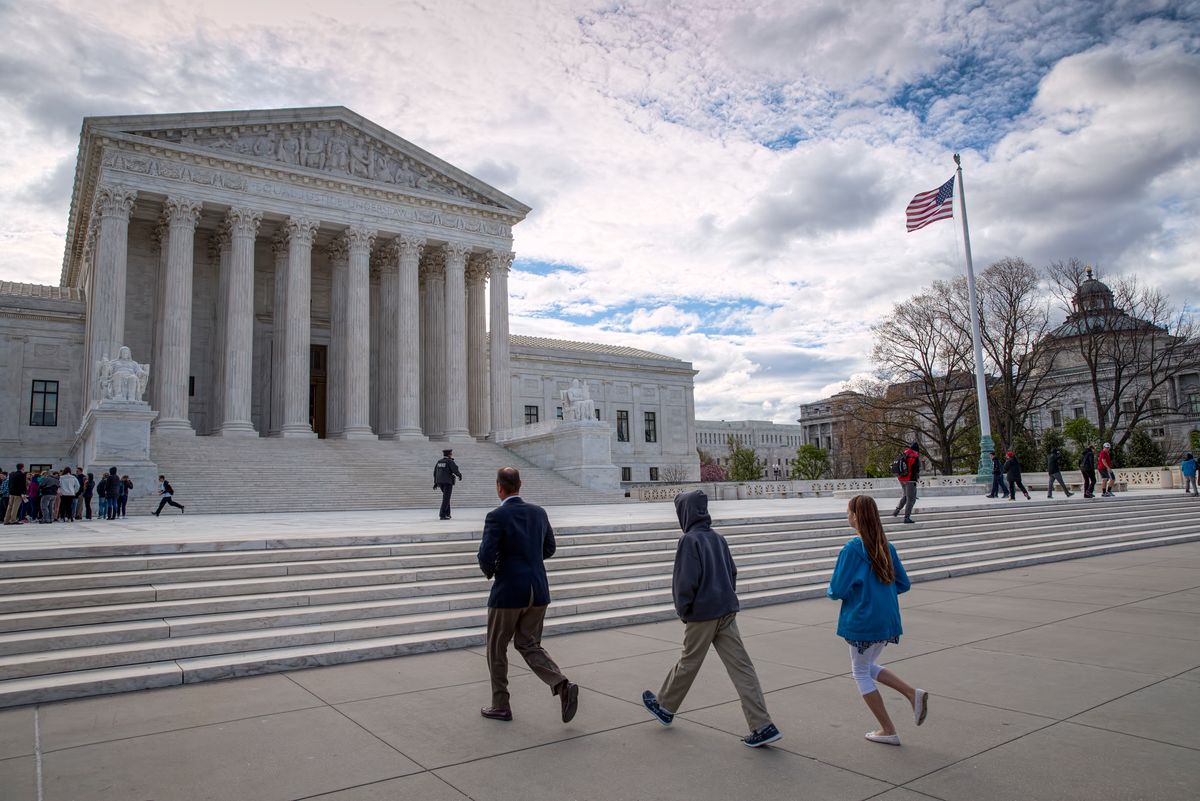The Supreme Court is hearing a case that could, quite literally, transform the political landscape of this country.
On Monday the court decided that it will hear a case from Wisconsin over whether partisan gerrymandering is unconstitutional, according to the The Washington Post. A divided panel consisting of three judges ruled in 2016 that that state's Republican Party had violated its citizens' First Amendment and equal rights protections by pushing through a blatantly partisan redistricting plan.
Although the Supreme Court made it clear that they're not sure whether the case falls within their jurisdiction, they will at least be briefed on it and hear argumentation when their new term begins in October.
Wisconsin Republicans are characterizing the attempt to invalidate their redistricting as an effort to take control of creating congressional districts "away from the state legislators to whom the state constitution assigns that task, and hands it to federal judges and opportunistic plaintiffs seeking to accomplish in court what they failed to achieve at the ballot box."
Although the court has yet to rule on whether partisan gerrymandering is unconstitutional, it did offer a landmark opinion last month on the question of racially-based gerrymandering. In Cooper v. Harris, the Supreme Court upheld a lower court ruling that concentrating African-American voters in two congressional districts was unconstitutional. When writing her opinion with the majority in that decision, Justice Elena Kagan pointed out that "in places where race and party overlap so much they can be treated as proxies for one another."

Shares